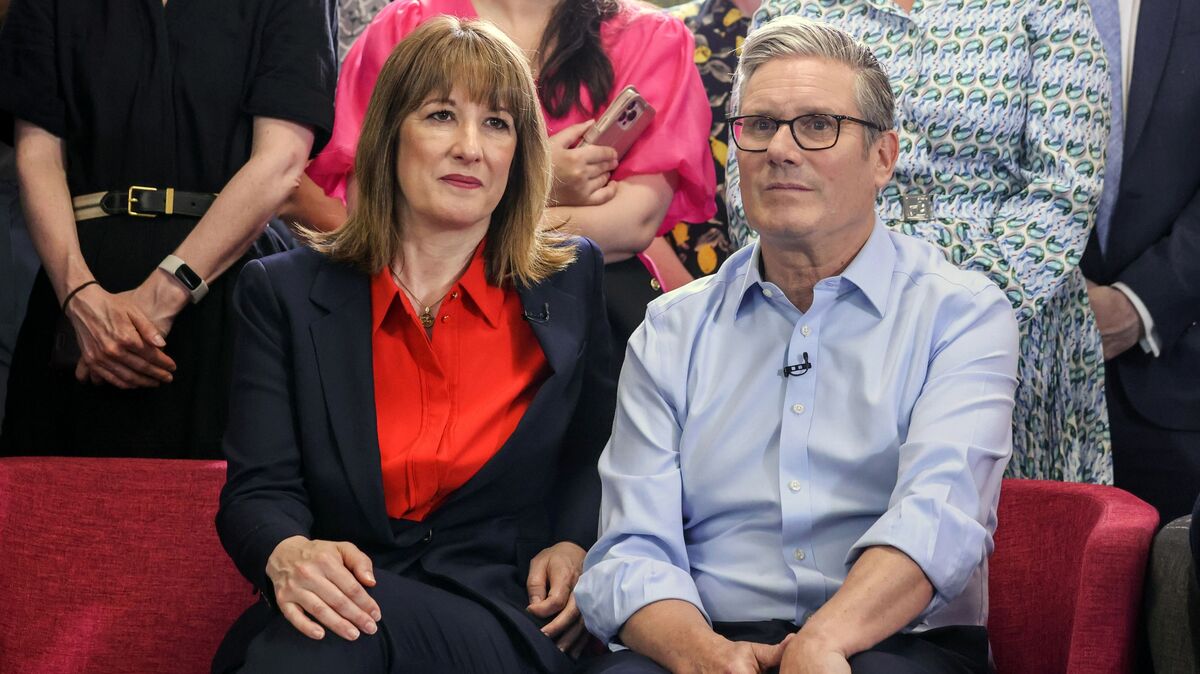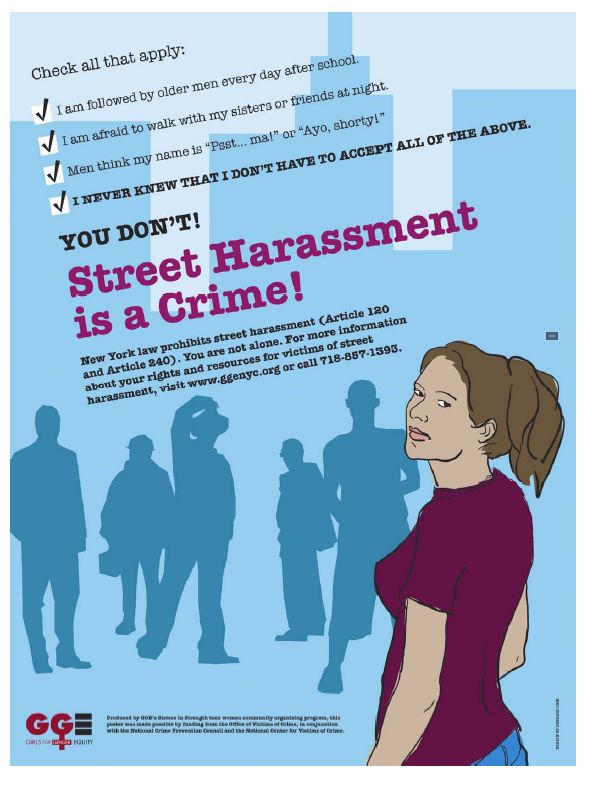Report on Misogyny and Its Devastating Impact: The Case of the Hunt Family
Introduction
Amy Hunt, who tragically lost her mother and two sisters to a violent attack last year, has highlighted an ongoing “epidemic” of misogyny within society. This report emphasizes the critical links between misogynistic hate, particularly on social media, and real-life violence against women, aligning the discussion with the United Nations Sustainable Development Goals (SDGs), especially Goal 5: Gender Equality, and Goal 16: Peace, Justice and Strong Institutions.
Background of the Incident
- The perpetrator, Kyle Clifford, was the ex-boyfriend of Amy’s youngest sister, Louise.
- The attacks occurred two weeks after Louise ended an 18-month relationship with Clifford.
- Clifford fatally stabbed Carol Hunt, aged 61, and subsequently attacked Louise and Hannah Hunt, aged 25 and 28 respectively, using a crossbow and committing sexual violence.
- In March 2025, Clifford was sentenced to three whole-life orders, ensuring he will never be released from prison.
Societal Implications and the Role of Misogyny
Amy Hunt describes Clifford as a man consumed by hatred and self-loathing, emphasizing that the issue of violence against women is fundamentally a “man’s issue” requiring societal change in male behavior. She stresses the urgent need for collective action involving media platforms, policymakers, educational institutions, and individuals.
Key Points on Misogyny and Social Media
- Misogynistic content on social media platforms acts as a catalyst for real-world violence against women.
- Clifford’s actions were influenced by violent misogyny promoted by controversial social media figures, notably Andrew Tate.
- Such extremist misogynistic content is widespread and normalized, described by Amy as “the acceptable form of extremism” online.
- There is a societal obligation to address and curb misogyny to prevent further violence, supporting SDG 5 on achieving gender equality and empowering all women and girls.
The Legacy and Call to Action
John Hunt, Amy’s father, and Amy herself emphasize the enduring legacy of love left by Carol, Hannah, and Louise, which sustains them through their grief. They advocate for early education on respect towards women and girls to prevent boys from being exposed to harmful misogynistic influences.
Recommendations for Society
- Media platforms must take responsibility for monitoring and removing misogynistic content.
- Educational systems should integrate comprehensive programs teaching respect and gender equality from an early age.
- Policymakers and leaders need to implement stronger regulations to combat online hate speech and violence against women.
- Communities and individuals must actively participate in fostering a culture of respect and equality.
Alignment with Sustainable Development Goals
- SDG 5: Gender Equality – Addressing misogyny directly supports the elimination of violence against women and promotes gender equality.
- SDG 16: Peace, Justice and Strong Institutions – Ensuring justice for victims and fostering peaceful, inclusive societies free from violence and discrimination.
- SDG 4: Quality Education – Advocating for education that instills respect and equality to prevent future violence.
Conclusion
The tragic case of the Hunt family underscores the devastating consequences of misogyny and the urgent need for a multi-sectoral response to combat this societal issue. By addressing misogyny through education, regulation, and community engagement, society can progress towards achieving the Sustainable Development Goals, ensuring safety, equality, and justice for all.
For those affected by issues raised in this report, support is available through the BBC Action Line.
1. Sustainable Development Goals (SDGs) Addressed or Connected
- SDG 5: Gender Equality – The article highlights issues of misogyny, violence against women, and the societal obligation to change men’s behavior, directly relating to gender equality.
- SDG 16: Peace, Justice and Strong Institutions – The article discusses violent crimes, justice through sentencing, and the role of societal institutions like schools and media platforms in addressing misogyny and violence.
- SDG 4: Quality Education – The article mentions the need for schools to teach boys to respect women earlier, linking to education for promoting gender equality and social values.
2. Specific Targets Under Those SDGs Identified
- SDG 5: Gender Equality
- Target 5.2: Eliminate all forms of violence against all women and girls in public and private spheres, including trafficking and sexual and other types of exploitation.
- Target 5.3: Eliminate harmful practices, such as violence and discrimination against women.
- Target 5.1: End all forms of discrimination against all women and girls everywhere.
- SDG 16: Peace, Justice and Strong Institutions
- Target 16.1: Significantly reduce all forms of violence and related death rates everywhere.
- Target 16.3: Promote the rule of law at the national and international levels and ensure equal access to justice for all.
- Target 16.7: Ensure responsive, inclusive, participatory and representative decision-making at all levels.
- SDG 4: Quality Education
- Target 4.7: Ensure that all learners acquire the knowledge and skills needed to promote sustainable development, including gender equality and human rights.
3. Indicators Mentioned or Implied to Measure Progress
- For SDG 5 (Gender Equality):
- Indicator 5.2.1: Proportion of women and girls subjected to physical, sexual or psychological violence by a current or former intimate partner in the previous 12 months.
- Indicator 5.2.2: Proportion of women and girls subjected to sexual violence by persons other than an intimate partner.
- Indicator 5.1.1: Whether or not legal frameworks are in place to promote, enforce and monitor equality and non-discrimination on the basis of sex.
- For SDG 16 (Peace, Justice and Strong Institutions):
- Indicator 16.1.3: Proportion of population subjected to physical, psychological or sexual violence in the previous 12 months.
- Indicator 16.3.1: Proportion of victims of violence in the previous 12 months who reported their victimization to competent authorities or other officially recognized conflict resolution mechanisms.
- Indicator 16.7.2: Proportion of population who believe decision-making is inclusive and responsive.
- For SDG 4 (Quality Education):
- Indicator 4.7.1: Extent to which (i) global citizenship education and (ii) education for sustainable development, including gender equality and human rights, are mainstreamed at all levels in national education policies, curricula, teacher education and student assessment.
4. Table of SDGs, Targets and Indicators
| SDGs | Targets | Indicators |
|---|---|---|
| SDG 5: Gender Equality |
|
|
| SDG 16: Peace, Justice and Strong Institutions |
|
|
| SDG 4: Quality Education |
|
|
Source: bbc.com







